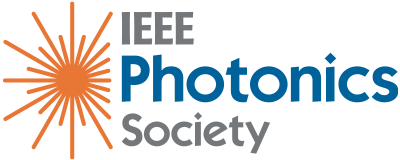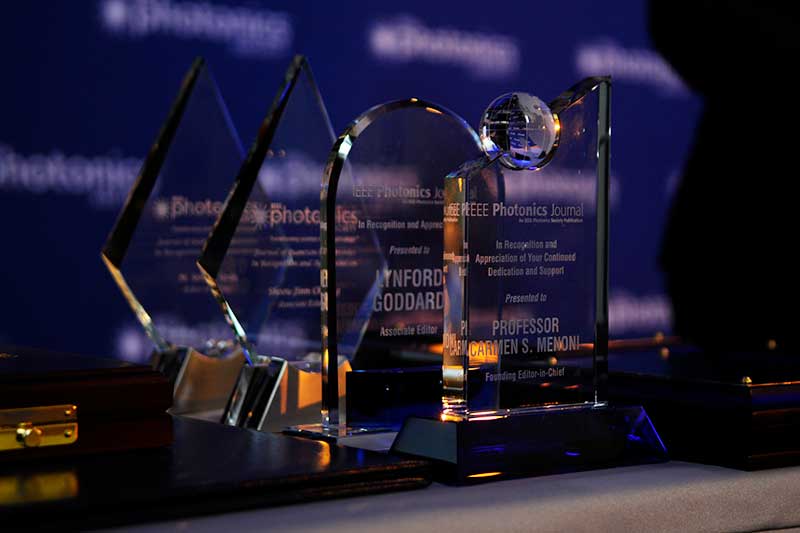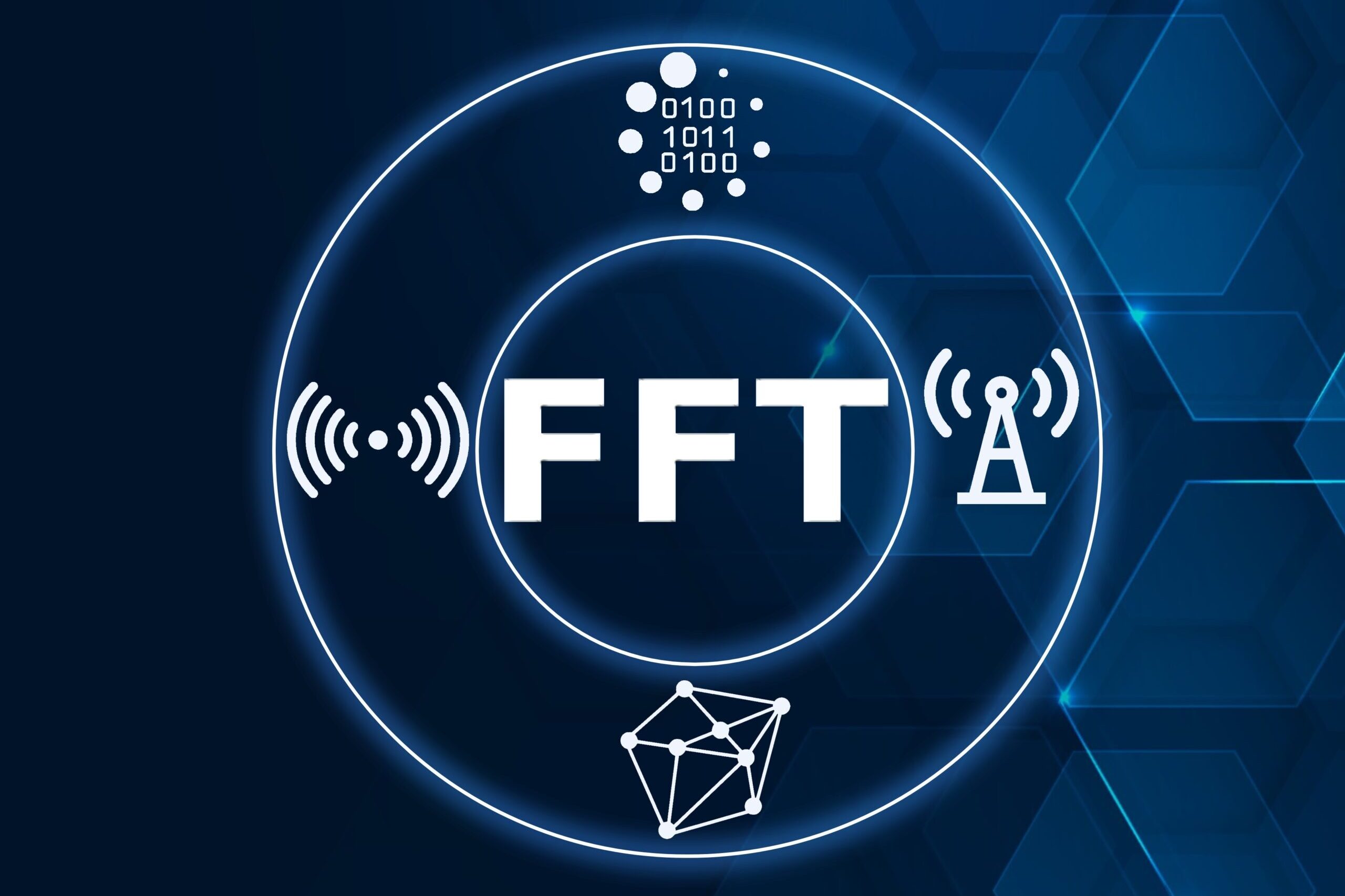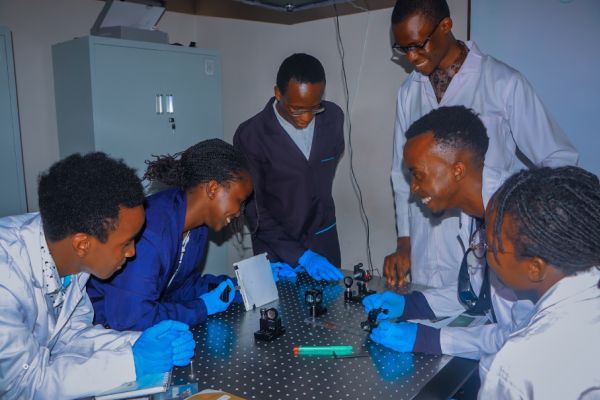The Photonics Society Joint Awards Committee serves as the evaluation and selection committee for our four Society Career Awards; Aron Kressel Award, Engineering Achievement Award, Quantum Electronics Award, and the William Streiffer Scientific Achievement Award.
The Aron Kressel Award recognizes those individuals who have made important contributions to opto‐electronic device technology. The device technology cited is to have had a significant impact on their applications in major practical systems.
The 2023 Aron Kressel Award recipient is T. Paul Chow, “For demonstrating the world’s first GaN based, monolithically integrated LED/MOSFET devices for use in lighting, displays, and communication systesms.”
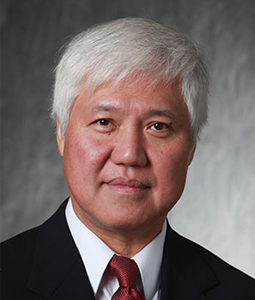
T. PAUL CHOW, received his Ph.D. in Electrical Engineering from RPI in 1982. He was a member of the technical staff at GE Corporate Research and Development from 1977 to 1989. Since 1989, he has been with RPI, where he is now professor of the Electrical, Computer and Systems Engineering Department. He has been working in the smart power semiconductor device area since 1982. His present research activities focus on high-voltage wide and extreme bandgap (particularly SiC and GaN) semiconductor smart power devices and ICs and their monolithic optoelectronic integration. He has published about archival 200 papers in scientific journals, has contributed ten chapters in technical textbooks, and has procured over nineteen patents. He is a Fellow of the IEEE.
The Engineering Achievement Award recognizes an exceptional engineering contribution which has had a significant impact on the development of laser or electro-optic technology or the commercial application of technology within the past 10 years.
The 2023 Engineering Achievement Award recipient is Alwyn J. Seeds “For pioneering developmentsin microwave photonic devices and systems, leading to successful commercialization of wireless-over-fiber 5G+ cellular communication.
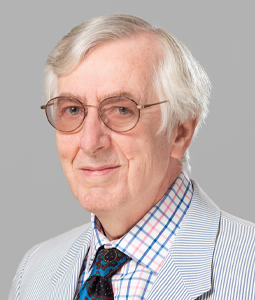
Professor ALWYN J. SEEDS holds the B.Sc, Ph.D. and D.Sc. degrees of the University of London. After working as a Staff Member at Lincoln Laboratory, Massachusetts Institute of Technology and as Lecturer in Telecommunications at Queen Mary College, University of London, he joined University College London in 1986, where he is currently Professor of Opto-electronics, Head of the Photonics Group and Director of the EPSRC National Dark Fibre Facility. He has published more than 500 papers on microwave and opto-electronic devices and their systems applications, of which some 100 have been invited.
Professor Seeds is a Fellow of the Royal Academy of Engineering (UK), an IEEE Life Fellow (USA) and has served as Vice-President for Technical Affairs of the IEEE Photonics Society (USA). He co-founded Zinwave, a manufacturer of wireless over fibre systems, now a unit of Wilson Electronics LLC. There are now over 850 Zinwave systems installed in 26 countries worldwide. Alwyn Seeds was awarded the Gabor Medal and Prize of the Institute of Physics in 2012 and the Distinguished Educator Award of the IEEE Microwave Theory and Techniques Society in 2018.
The 2023 Quantum Electronics Award is presented to Hoi-Kwong Lo, “For establishing the theoretical and experimental foundation for practical quantum cryptography and quantum network.”
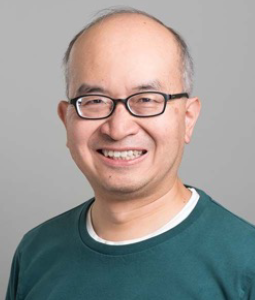
HOI-KWONG LO is a Professor of Electrical and Computer Engineering and Physics at the University of Toronto and a Chair Professor of Physics at the University of Hong Kong. He is also a co-founder and the Chief Technology Officer (CTO) of Quantum Bridge Technologies, Inc. (Quantum Bridge) in Toronto.
He received B. A. in Mathematics from Cambridge University in 1989 and Ph.D. in Physics from Caltech in 1994. After spending time at the Institute for Advanced Study (IAS), Princeton, he became a Senior Member of Technical Staff at Hewlett-Packard Labs from 1997 to 1999. He was the Chief Scientist and Senior VP at a quantum start-up, MagiQ Technology, Inc from 1999 to 2002. From 2003 to 2020, he worked full time at the University of Toronto and has been a tenured Full Professor there since 2009.
He has been a Chair Professor of Physics at HKU in 2020-23. He co-founded the quantum start-up Quantum Bridge in 2019.
He is a pioneer in the field of quantum information and quantum cryptography and was among the first in the world to establish three fundamental results: 1) to prove the information-theoretic security of QKD, 2) to co-invent quantum secret sharing and 3) to prove the impossibility of quantum bit
commitment. His research group at the U. of Toronto was the first in the world to implement
experimentally the decoy state QKD protocol in 2005 and successfully hack commercial QKD systems (around 2008-2010). In 2012, he co-invented the novel protocol measurement-device-independent (MQI-QKD), which is widely regarded as a breakthrough in the field. Recently, his research group and collaborators invented and experimentally implemented a proof-of-principle demonstration of all photonics quantum repeaters and experimentally implemented the novel twin-field QKD protocol. He is a Fellow of the American Physical Society (APS), an Optica Fellow (OSA), and has been awarded the 2022 CAP-INO Medal for Outstanding Achievement in Applied Photonics.
The William Streifer Scientific Achievement Award recognizes an exceptional single scientific contribution, which has had a significant impact in the field of lasers and electro-optics in the past 10 years. Endowed by Xerox Corporation and Spectra Diode Laboratories, the award honors an individual or a group for a single contribution of significant work in the field.
The 2023 William Streifer Scientific Achievement Award recipient is Shinji Matsuo “For contributions to ultra-high speed, low power consumption membrane lasers and their heterogeneous integration.”
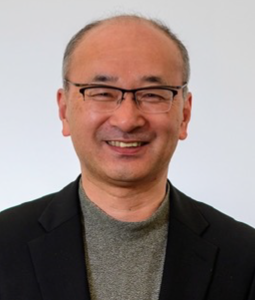
Dr. SHINJI MATSUO is a Fellow at NTT Corporation. He received the B.E. and M.E. degrees in electrical engineering from Hiroshima University, Hiroshima, Japan, in 1986 and 1988, and the Ph.D. degree in electronics and applied physics from Tokyo Institute of Technology, Tokyo, Japan, in 2008. In 1988, he joined NTT Opto-electronics Laboratories, Atsugi, where he was engaged in research on optical functional devices integrating MQW modulators and photodetectors, VCSELs and GaAs MESFETs, and VCSELs and Si-CMOS circuits called smart pixels. In 1997, he researched optical networks using WDM technologies at NTT Network Innovation Laboratories, Yokosuka.
Since 2000, he has continued his research on photonic devices at NTT Photonics Laboratories, now NTT Device Technology Laboratories, Atsugi. He developed monolithically integrated wavelength-tunable lasers that combine gain media with InP-based optical filters, such as ring resonators and lattice filters. He has also developed InP-based photonic crystal (PhC) lasers using a wavelength-scale buried active region. In 2013, his group demonstrated high-speed, low-power direct modulation of electrically driven PhC lasers. Using the device fabrication techniques established with the PhC laser, he has realized a novel way to fabricate membrane lasers on silicon substrates suitable for integration with the Si photonics platform.
In 2019, he has realized a breakthrough technology in terms of the direct modulation speed of lasers by using a membrane laser on SiC substrate.
Dr. Matsuo received the Izuo Hayashi Award from the Japan Society of Applied Physics (JSAP),
Electronics Society Award from Institute of Electronics, Information and Communication Engineers of Japan (IEICE), Kenjiro Sakurai Memorial Prize from Optoelectronics Industry and Technology Development Association (OITDA), and IEEE Photonics Society Distinguished Lecturer. He is a member of JSAP, IEICE, a Fellow of Optica and a Fellow of IEEE.
